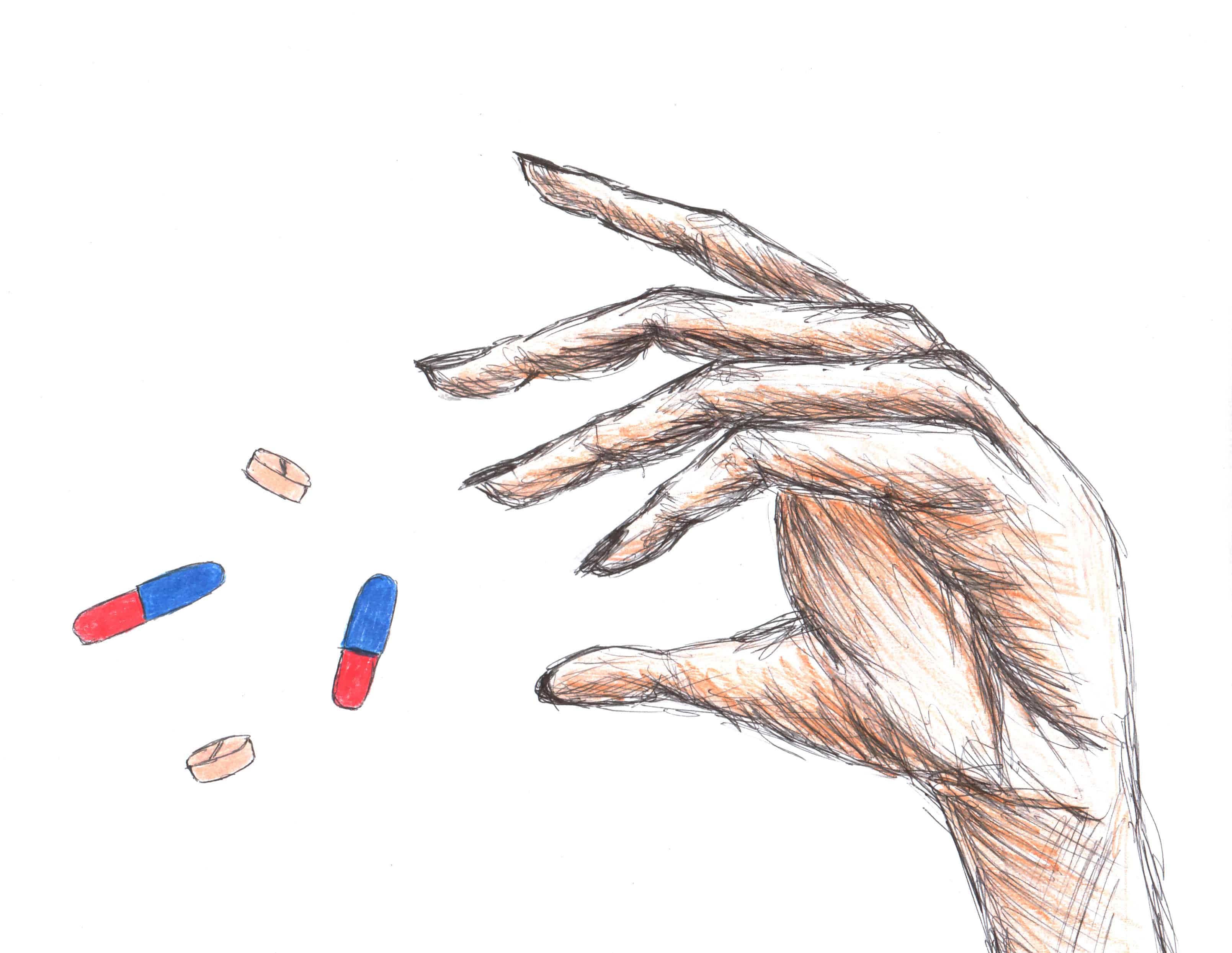This year, the university’s Ontario Institute for Studies in Education has brought forward a new scholarship: the Bonnie Burstow Scholarship in Antipsychiatry. This scholarship is for students who intend to study issues related to antipsychiatry. While psychology and psychiatry are fairly well known and understood, antipsychiatry may seem obscure to many.
Antipsychiatry is a field that views psychiatric treatments and the study of psychiatry as damaging to patients; it stems from the view that most illnesses treated in psychiatry are actually physician-created. This view has been popularized by psychiatrist Thomas Szasz, who wrote a book in 1960 called The Myth of Mental Illness.
In the 1950s, the field went through a shift from psychiatrists who were dedicated followers of Sigmund Freud to new psychiatrists who were interested in a more biological approach to psychiatry. Freud, though influential for bringing popularity to the field, did not have much backing or scientific explanation for his writings — they were mostly observational and purely his own thought.
Biological psychiatrists were more interested in using new pharmacological advances to treat ailments of the mind. The two different viewpoints often clashed and, to the public, created a very divisive view of what psychiatry was. When Szasz released his book, it was another disruption to the field. This lead to some trouble accepting psychiatry as a way of treatment and people seeing it as a potential way for physicians to control society.
It is understandable that some believe that psychiatry is not a true medical field, but psychiatry is a field that is constantly evolving. Every few years, a new version of the manual that most psychiatrists use, the Diagnostic and Statistical Manual of Mental Disorders (DSM), is released.
Those involved in psychiatry say this is to account for new progressions in the field, but updates made to new versions of the DSM are limited to only the ones that physicians are likely to use. If a new, better method to classify disorders is created, but it is thought to be too different than what was previously accepted, it will likely not be published in the new manual.
However, this does not make it impossible for the manual to include new additions: the first DSM had only 106 disorders, but the current one lists around 300. The number of disorders diagnosed each year has risen dramatically as well. Psychiatrists say that this is due to new discoveries in the field, while antipsychiatrists believe that this is due to over-diagnosis and over-classification.
I believe that we should be open to accepting and critically thinking about all fields. One of the basic tenets of publishing articles in the sciences is reproducibility: if you cannot recreate the outcomes of a study and prove that it is generalizable, the findings are taken with a grain of salt. Shouldn’t this be the case will all scientific fields of study?
The fact that there are scholars who want to research and further understand psychiatry and how we can improve the field should be welcome. I think the use of the term antipsychiatry does not recognize that the main goal of these studies is constructive: to further medicine and the understanding of how we treat mental illness.
There is a lack of opportunity for those in the antipsychiatry field, so this new scholarship will help to further understand antipsychiatry and its potential merits. Perhaps if the psychiatry and antipsychiatry departments communicated more often and worked past their differences to learn from each other, there would be mutual benefit.


